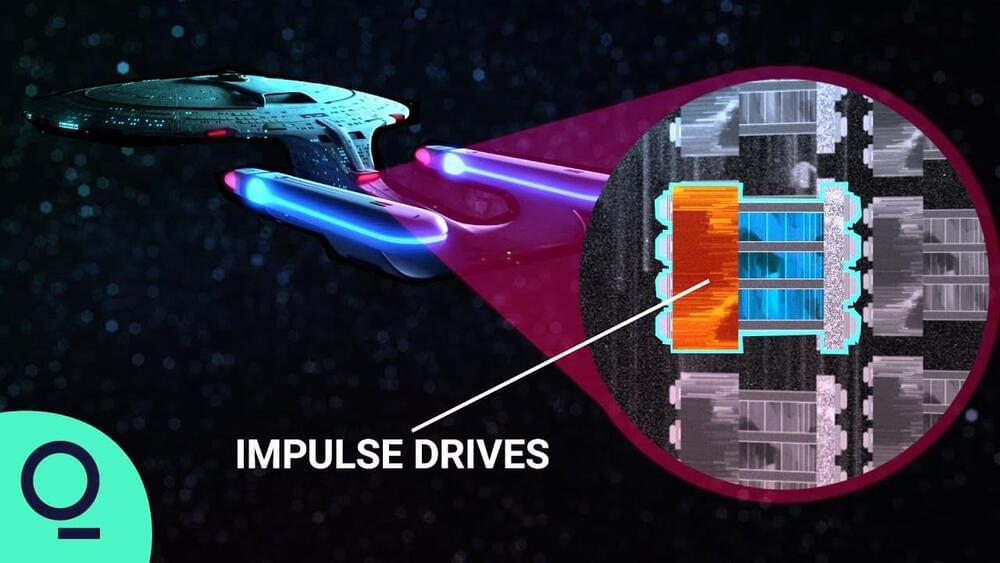Scientists at NASA have adjusted their forecast of an Empire State Building-sized asteroid it predicts could potentially smash into the planet.
Have you ever heard of the phrase “life imitates art?” Well, two scientists are out to prove that science is not exempt. Or, at least, it shouldn’t be. Taking a cue from Star Trek, scientists Dr. Hal Fearn and Dr. Jim Woodward are attempting to build an “impulse engine” to make interstellar travel possible in a human lifetime.
In the Star Trek universe, impulse engines are used to provide a high thrust for a short period to break out of the orbit of a planet or moon. Which also speeds up interstellar travel and allows the team to “boldly go where no man has gone before.” Without that, we probably wouldn’t have a Star Trek franchise or the millions of space-dreaming fans it has accrued. But sadly, space travel is eons behind the sci-fi franchise.
According to Fearn, it would take about fifteen to sixteen thousand years to travel to Earth’s nearest star. So unless real vampires are roaming the world, it’s doubtful that interstellar travel will be reached during any human’s lifetime.









Comments are closed.